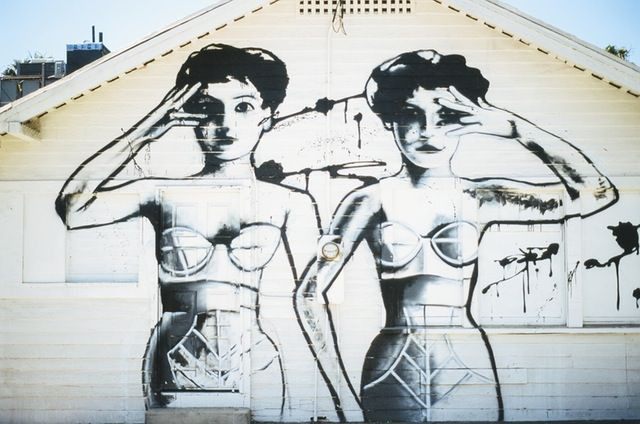Narcissists More Likely To Become Best Friends With Those Who Share Their ‘Dark Triad’ Personality

Take a look at your circle of friends. Chances are some of your friends are loud while you are quiet, others are funny but you’re serious. Friends don’t tend to share your personality traits — unless, of course, you’re a narcissist. A recent study published in the journal Personality and Social Psychology Bulletin suggests narcissists tend to form friendships with other narcissists due to shared personality traits.
"There is evidence that narcissists are even more tolerant of others’ narcissistic traits (e.g., bossy aggressive, arrogant, selfish) when they possess these characteristics themselves... based on their positive self-view and tendency to be less repelled by narcissistic traits,” wrote the authors, in the study.
Researchers from Humbolt University in Germany gathered 290 pairs of best friends and asked them to fill out measurements of psychology’s Dark Triad, three personality traits, including narcissism, Machiavellianism, and psychopathology, which all have a malevolent connotation, and the Big Five — extraversion, agreeableness, openness, conscientiousness and neuroticism. For each personality, its profile similarity and how much it depended on Dark Triad personality traits were determined. The researchers were able to see if personalities, good and bad, clumped together between best friends.
Typically, best friends tend to be different from each other, adhering to the theory that “opposites attract.” The reason these friendships exist is because they’re diverse. This is why some best friend pairings include an introvert with an extrovert, a pessimist with an optimist, or any combination of mismatched personalities, according to a 2014 study. Here, friendships tend to work best when there is a certain amount of opposites attracting.
The findings of the new study revealed the Big Five personality traits of someone who scored high in narcissism were likely very similar to the personality traits of his or her best friend. This was true when both best friends scored high in narcissism. When a narcissist was paired with a narcissist, the Big Five personality traits tended to be extremely similar. In other words, the higher a pair’s narcissism, the more similar their personalities were.
Narcissists tend to be friends with versions of themselves. This holds true whether the pair was female, male or female/male best friend pairs. The authors speculate the reason narcissists end up with people like themselves is because they are the only ones who can stand each other.
However, this doesn’t mean possessing narcissistic qualities is a bad thing. This is all contingent on where you are in the narcissism spectrum. For example, someone on the low end of the spectrum can simply exude self-confidence. This can be advantageous for job interviews, leadership positions, and performance arts. Reality TV celebs, comedians and actors all tend to score higher on self-measures of narcissistic personality than the general population, which can be helpful when dealing with constant rejection in a tough field.
Whether you’re a narcissist, have a narcissist best friend, or share narcissistic traits with your friends, it’s not necessarily a bad thing. It all depends on how you use this trait — to boost self-confidence or to manipulate others.
Source: MaaB U, Lammle L, Bensch D et al. Narcissists of a Feather Flock Together: Narcissism and the Similarity of Friends. Pers Soc Psychol Bull. 2016.
Furr RM and Wood D. On the similarity between exchangeable profiles: A psychometric model, analytic strategy, and empirical illustration. J Res Pers. 2014.



























